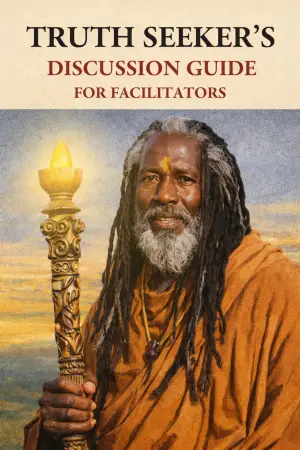I recently had the pleasure of reading Black Fortunes by Shomari Wills, and let me just say, it was an eye-opening experience. As a history enthusiast and someone who deeply appreciates stories of resilience and success, I was drawn to this book primarily because it focuses on the untold tales of six pioneering African American entrepreneurs who broke barriers and built empires between 1830 and 1927. The idea of uncovering their struggles and triumphs really resonated with me, and I was eager to learn more about figures I had never encountered in my previous readings.
Black Fortunes does not disappoint. Wills meticulously details the lives of influential figures such as Mary Ellen Pleasant, who used her wealth from the Gold Rush to aid abolitionist John Brown, and O.W. Gurley, who created the flourishing “Black Wall Street” in Tulsa. Each chapter unfolds a rich narrative that showcases not only their entrepreneurial spirit but also the severe challenges they faced, including being demonized or swindled. This depth adds layers to the understanding of African American history, presenting an essential, often overlooked perspective.
What struck me most was the emotional weight of these stories. As LoraJ highlighted in her review, it is heartbreaking to realize how much we have yet to learn about our ancestors. This sentiment is echoed throughout the book as readers witness the intersection of wealth, social justice, and personal sacrifice. It really brought to light the idea that for many, the fight for recognition and equality is ongoing. Additionally, as Isaiah Edwards thoughtfully noted, the lessons from over a century ago are still relevant today, emphasizing the importance of entrepreneurship and ownership in building wealth.
However, the book isn’t without its drawbacks. At times, I found the narrative flow a bit disjointed, jumping between the lives of different figures without always smoothly transitioning. Cheri mentioned this in her review; the initial back-and-forth can feel overwhelming, especially when encountering unfamiliar names. Nevertheless, sticking with it pays off as the narratives intertwine, revealing how these figures influenced one another and contributed to a greater legacy.
On a positive note, I was thrilled by the wealth of knowledge imparted by this book. Each story not only entertains but educates, providing insights that I wish I had been taught in school. From Annie Turnbo-Malone establishing the first national brand of hair care products to Hannah Elias’s entrepreneurial ventures in Harlem, every account serves as a testament to the tenacity and ingenuity of these individuals. Like the Kindle Customer pointed out, Black Fortunes intertwines education with inspiration, making it a fantastic resource for students and history lovers alike.
In summary, I wholeheartedly recommend Black Fortunes for anyone looking to enrich their understanding of American history, particularly the invaluable contributions of African American entrepreneurs. The book not only provides a compelling look at the past but also motivates readers to consider the implications of legacy, ownership, and ongoing societal challenges. After finishing it, I felt empowered and deeply appreciative of the stories that have shaped our understanding of resilience and success.
Ultimately, Black Fortunes is a must-read, striking a perfect balance between education and engagement. This journey through history encourages us to appreciate the battles fought and the progress made, inspiring a new generation to forge their own paths toward success.








